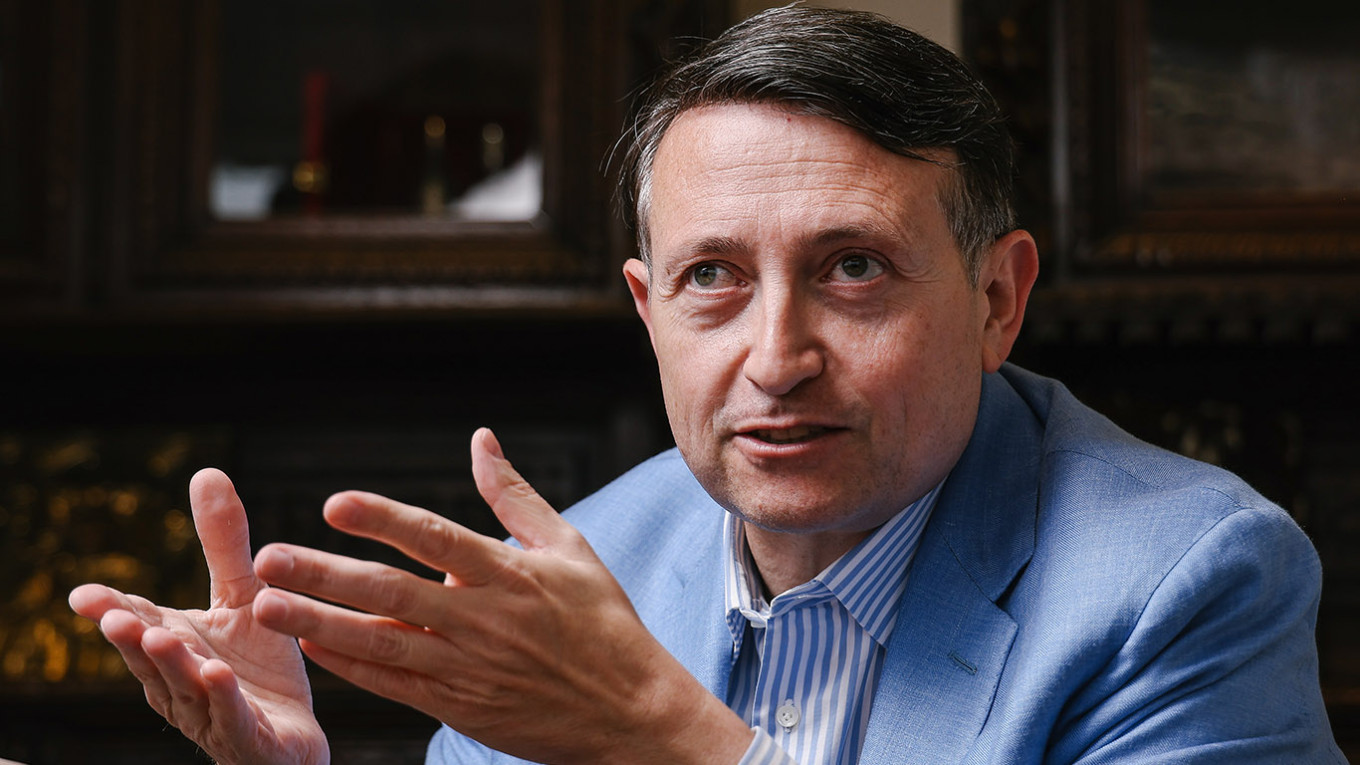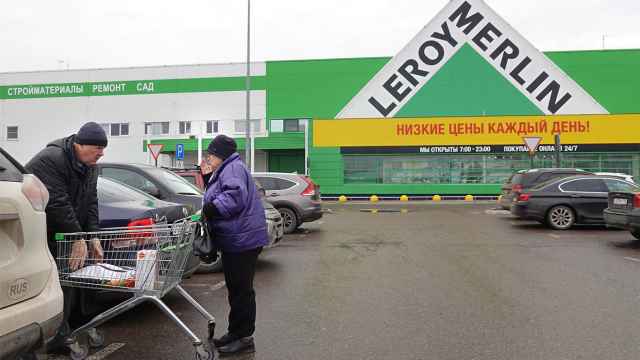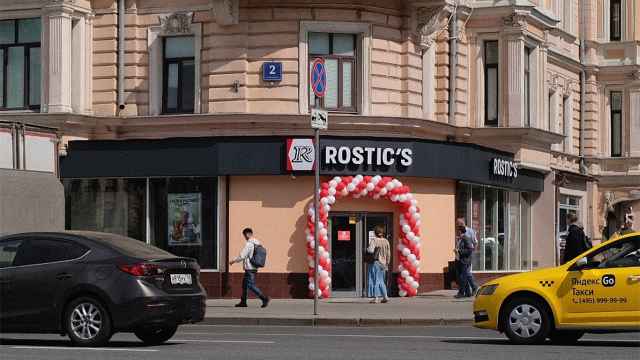About 70% of Italian companies operating in Russia did not leave the country following its 2022 invasion of Ukraine, the president of the Italian-Russian Chamber of Commerce told the RBC news website on Wednesday.
Many Italian firms hesitated to make quick decisions following the invasion, Vincenzo Trani, who is also the founder of the car-sharing company Delimobil, told RBC.
“Those who decided to stay have adjusted to the new reality, trying to manage the risks by generating more revenue,” Trani said.
Italian businesses in Russia were largely dealing in agriculture, industrial equipment, food production and the auto industry, he said. Those that left following the invasion were typically companies with a small presence in the Russian market, state-owned enterprises or businesses whose products were directly affected by sanctions.
“The companies that left suffered significant losses, but this issue is closed for them now,” he said. “The 70% that did not leave, hoping for better days, are unfortunately suffering. Many are even asking themselves whether it's worth staying or not.”
He said that Italian firms were in a different position from their German or French counterparts. Most major German companies' investments in Russia were insured by a state export credit guarantee, allowing them to claim compensation after pulling out.
“Italian companies left with nothing,” Trani said. “Walking away from the market risked sending a damaging message to investors and partners, which is why most decided to stay.”
In March, Italian home appliance maker Ariston became the first Western company to announce its return to the Russian market after President Vladimir Putin reversed the temporary nationalization of its Russian unit.
The same month, the president of the American Chamber of Commerce in Russia said it planned to press the U.S. government to ease some of its sanctions, including those on the aviation and banking sectors, foreign investment and luxury goods.
A Message from The Moscow Times:
Dear readers,
We are facing unprecedented challenges. Russia's Prosecutor General's Office has designated The Moscow Times as an "undesirable" organization, criminalizing our work and putting our staff at risk of prosecution. This follows our earlier unjust labeling as a "foreign agent."
These actions are direct attempts to silence independent journalism in Russia. The authorities claim our work "discredits the decisions of the Russian leadership." We see things differently: we strive to provide accurate, unbiased reporting on Russia.
We, the journalists of The Moscow Times, refuse to be silenced. But to continue our work, we need your help.
Your support, no matter how small, makes a world of difference. If you can, please support us monthly starting from just $2. It's quick to set up, and every contribution makes a significant impact.
By supporting The Moscow Times, you're defending open, independent journalism in the face of repression. Thank you for standing with us.
Remind me later.






